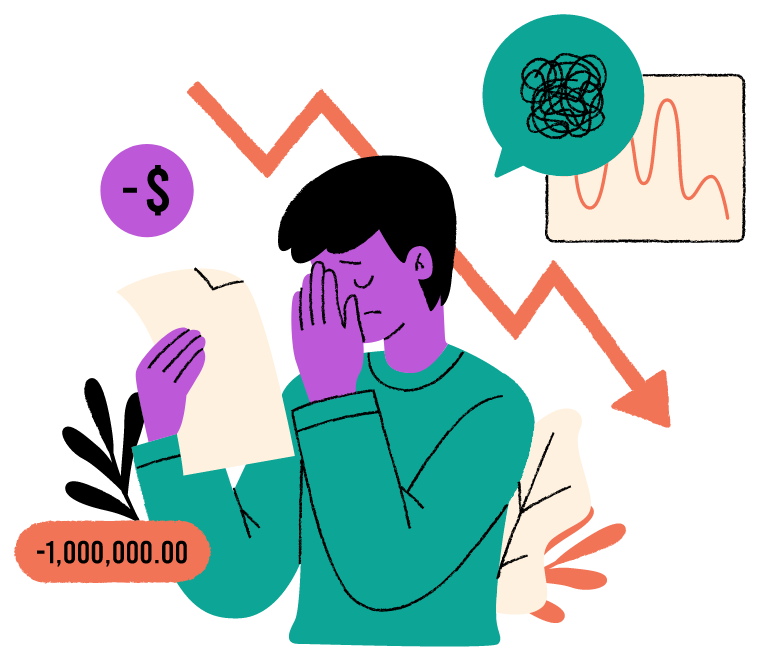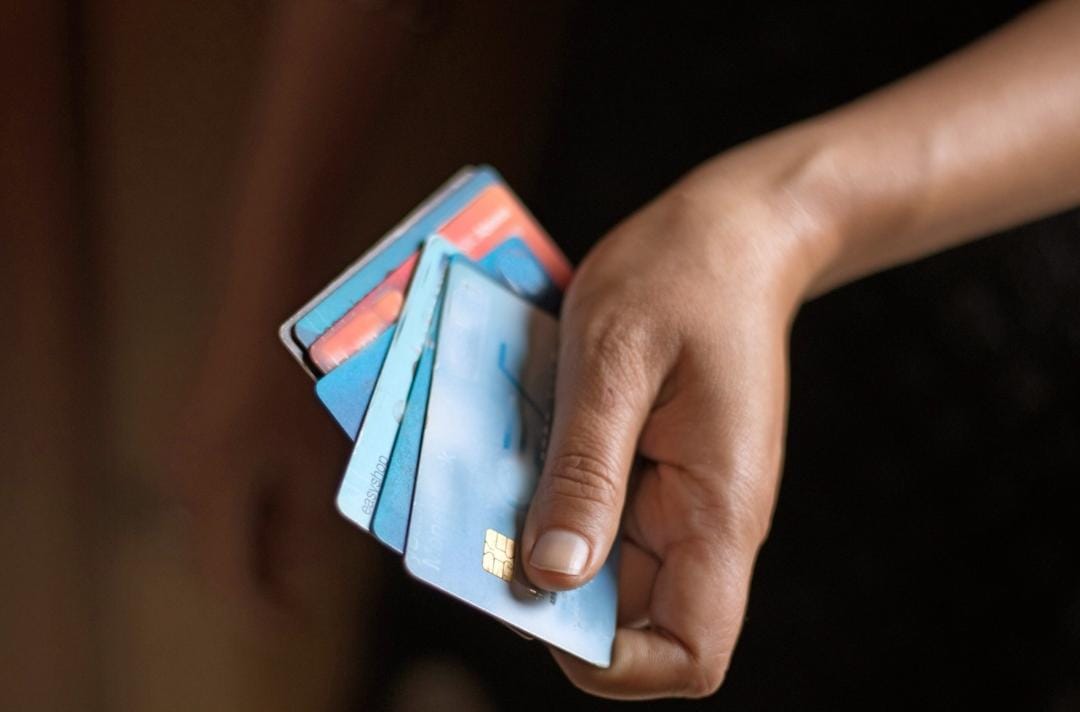Introduction
Can you get a loan after settlement? The answer is yes. Loan eligibility is primarily determined by your credit score, which means that even after settling a debt, you can still qualify for a loan.
After settling a financial obligation, such as a Settlement or foreclosure, your credit score may be negatively impacted. However, it’s important to remember that obtaining a loan is not solely dependent on factors like settlement or foreclosure. While these events can affect your credit score, there are various ways to rebuild it and improve your chances of securing a loan in the future. This article will provide expert advice and explore different options to help you rebuild your credit score effectively.
GET IN TOUCH WITH THE EXPERT OF PERSONALLOANSETTLEMENT.COM
Schedule a Visit
How Settlement Affects Credit Score
Consequences of Settling Debt or Foreclosure
When you settle a debt or go through a foreclosure, it can have a negative impact on your credit score. The settlement information can be reported on your credit report, indicating that you did not fulfill the original terms of the agreement. This negative mark can lower your credit score, making it harder to obtain loans or credit in the future. Additionally, the settlement information may remain on your credit report for several years, further affecting your creditworthiness and loan applications.
Emphasizing the Importance of Rebuilding Credit Score
Contrary to common misconceptions, settling a debt does not automatically disqualify you from obtaining a loan in the future. While settlement can initially have a negative impact on your credit score, it is crucial to rebuild your creditworthiness. Rebuilding your credit score comes with numerous benefits, including increased chances of loan approval, access to better interest rates, and improved financial opportunities.
Expert Tips for Rebuilding Credit Score – Can you get Loan after settlement
Monitor Your Credit Report
Regularly reviewing your credit report is essential for identifying errors or discrepancies that may impact your credit score. Obtain free annual credit reports from major credit bureaus and carefully scrutinize the information. If you notice any inaccuracies, take the necessary steps to dispute and correct them. A clean and accurate credit report is a crucial foundation for credit score improvement.
Establish a Budget
Creating a realistic budget is a fundamental step in managing your finances effectively and making timely payments. Start by tracking your income and expenses to gain a clear understanding of your financial situation. Allocate funds within your budget to prioritize debt payments, ensuring that you meet your financial obligations on time. This disciplined approach demonstrates responsibility and positively impacts your credit score.
Paying Bills on Time
Consistently making on-time bill payments is one of the most influential factors in improving your credit score. Set up payment reminders, use automatic payments, or mark due dates on your calendar to avoid late payments. Develop a payment strategy that aligns with your financial circumstances, such as paying the minimum due or paying in full, depending on your ability.
Consider a Secured Credit Card
A secured credit card can be a valuable tool for rebuilding your credit. Unlike unsecured credit cards, secured cards require a cash deposit as collateral, which typically becomes your credit limit. By using a secured credit card responsibly and making regular payments, you can demonstrate your creditworthiness and gradually rebuild your credit score. Ensure that the secured credit card issuer reports your activity to the credit bureaus for maximum impact.
Keep Credit Utilization Low
Credit utilization refers to the percentage of your available credit that you are currently using. Keeping your credit utilization below 30% is crucial for improving your creditworthiness. High credit utilization can negatively impact your credit score. To lower your credit utilization, consider paying down balances, requesting credit limit increases, or spreading out your credit card usage across multiple cards.
Avoid New Debt
While rebuilding your credit, it’s important to avoid unnecessary debt. Evaluate your financial needs carefully and borrow only when necessary. Focus on building a positive credit history by making timely payments, avoiding excessive credit applications, and maintaining a responsible approach to credit management. Demonstrating responsible borrowing behavior enhances your creditworthiness and increases your chances of future loan approvals.
Introduction to Small Loans
Obtaining small loans can be a viable option for rebuilding your credit after settlement. These loans, typically of smaller amounts, provide an opportunity to demonstrate responsible borrowing behavior and rebuild creditworthiness. Small loans can include personal loans, payday loans, or installment loans, which can be obtained from various lenders, including banks, credit unions, or online lenders.
Responsible Borrowing
When rebuilding your credit with small loans, it is crucial to practice responsible borrowing. This involves borrowing within your means and making timely payments to showcase your creditworthiness. Here are a few key points to keep in mind:
Assess your repayment capacity
Before applying for a small loan, evaluate your current financial situation and determine the amount you can comfortably afford to repay each month. This assessment will help you choose a loan amount that aligns with your budget.
Make timely payments
Paying your small loan installments on time is crucial for rebuilding your credit. Late or missed payments can have a negative impact on your credit score. Set up automatic payments or reminders to ensure you never miss a payment.
Avoid over-borrowing:
While it may be tempting to borrow more than you need, it’s important to borrow only what is necessary. Overborrowing can strain your finances and make it challenging to meet repayment obligations, which can further harm your credit.
Credit Builder Loans
Credit builder loans are specifically designed to help individuals rebuild credit. These loans work by establishing a positive payment history, which is a crucial factor in credit scoring. Here’s how credit builder loans can benefit you:
Building credit history
Credit builder loans are structured in a way that the funds you borrow are held in a designated account. As you make regular payments toward the loan, a positive payment history is reported to the credit bureaus, gradually improving your credit score.
Lower risk for lenders
Credit builder loans are secured, meaning you provide collateral or a deposit that serves as security for the loan. This reduced risk for lenders allows them to extend credit to individuals with low credit scores or limited credit history.
Savings component
In addition to helping rebuild credit, credit builder loans also act as a savings tool. As you make payments toward the loan, the funds are held in the designated account. At the end of the loan term, you receive the accumulated funds, providing you with savings for future financial needs.
Exploring Alternative Loan Options – Can you get Loan after settlement
Private Financing
Private financing can be an alternative option for obtaining loans, especially if traditional lenders have stricter lending criteria. Also Private financiers, such as peer-to-peer lending platforms or private individuals, may be more flexible in their lending requirements. However, it’s important to exercise caution and thoroughly research the terms and conditions of private financing options before proceeding.
Gold Loans
For individuals with low credit scores, gold loans can be a viable alternative. These loans are secured by using gold jewelry or other gold assets as collateral. Since the loan is backed by collateral, lenders may be more willing to extend credit even with a lower credit score. However, it’s essential to carefully evaluate the terms and interest rates associated with gold loans before proceeding.
Mobile Phone Financing:
Mobile phone providers often offer financing options for purchasing smartphones or other devices. These financing options can be accessible to individuals with varying credit scores, including those with less-than-perfect credit. By financing a mobile phone purchase and making regular payments, you can demonstrate responsible borrowing behavior and gradually rebuild your credit.
Conclusion
Can you get a loan after settlement? The answer is yes. Loan eligibility is primarily determined by your credit score, which means that even after settling a debt, you can still qualify for a loan.
Rebuilding your credit score after settlement is a crucial step towards improving your financial standing and increasing your chances of obtaining loans in the future. While settlement and other adverse credit events may impact your credit score initially, it can be rebuilt through responsible financial practices. By following expert advice, monitoring your credit report, making timely payments, and exploring alternative loan options, you can gradually improve your creditworthiness and regain control of your financial future.
To know about What is Loan Settlement – Click Here



